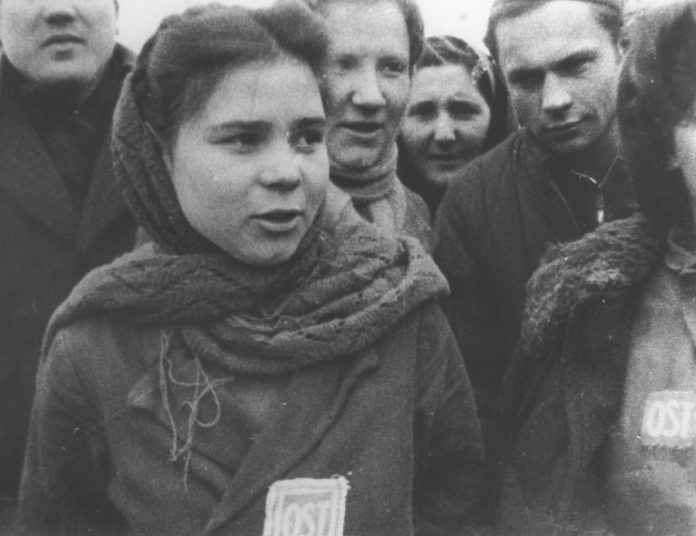The EU should do more to promote democracy, rule of law and fundamental rights across the EU, putting particular emphasis on supporting gender equality.
Civil Liberties MEPs backed on Thursday – with 31 votes to 3 and 3 abstentions – the partial agreement reached with the Council of the EU on the Rights and Values Programme for the next budgetary period (2021-2027). Both institutions agreed to rename it Citizens, Equality, Rights and Values programme and that its purpose should be “to nurture and sustain a rights-based, equal, open, pluralist, inclusive and democratic society”.
The Programme will continue seeking to promote equality and non-discrimination, encourage citizens’ engagement and participation in the democratic process, and fight violence, through support to civil society organisations at local, regional, national and transnational level.
At the initiative of the EP, the protection and promotion of democracy and the rule of law will be specifically mentioned as the main aim, given that these are a prerequisite for protecting fundamental rights and for ensuring mutual trust among member states and of citizens’ trust in the European Union.
MEPs managed to include, among the initiatives to be funded, remembrance activities on Europe’s historical memory, that allow to reflect on the causes of totalitarian regimes, in particular Nazism, Fascism, Stalinism and other communist regimes, as well as commemoration of their victims. Other actions that may receive support are town-twinning projects and those meant for the protection of victims of violence, particularly women and girls.
Tackling gender stereotypes and violence against women
The promotion of gender equality, including the fight against gender-based violence and active support to women’s rights organisations, will be a central element of the Programme. The text notes that tackling stereotypes and promoting equal access to work and the elimination of barriers to career progression are key. It points in this regard that focus should be put on work-life balance and on equal sharing of unpaid household and care work between men and women.
The budgetary allocation for this Programme will be determined once there is a final agreement on the full texts for the next EU budget for 2021-2027. Negotiations will have to be carried out by the next European Parliament, on the basis of this partial agreement and the mandate adopted by plenary last January, which called for a significant increase of its financial envelope, up to €1.834 billion euros (instead of the €642 million proposed by the Commission).

